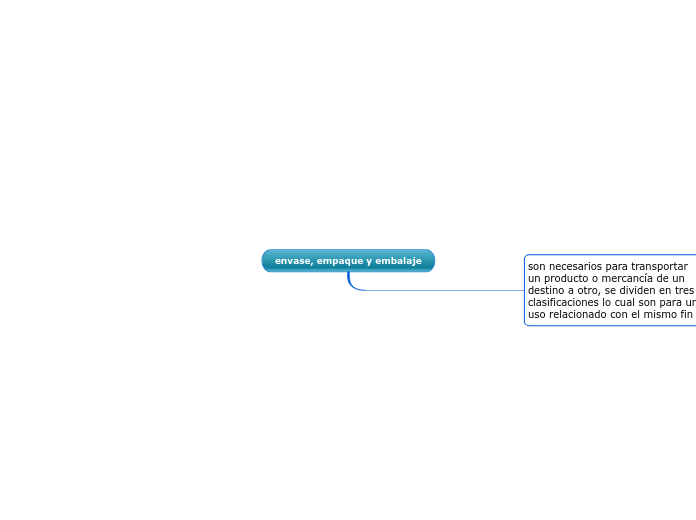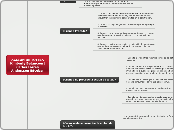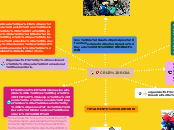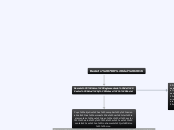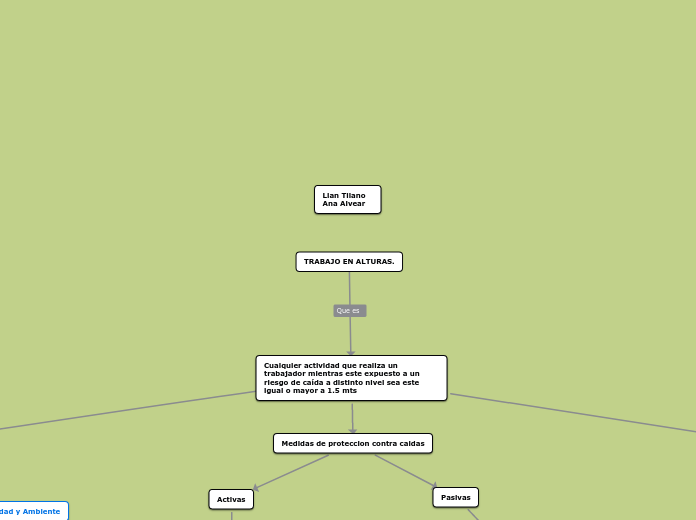envase, empaque y embalaje
To name your story, you have to think about the overall message and what you want your audience to understand from the story. Also, make it relevant and easy to remember.
son necesarios para transportar un producto o mercancía de un destino a otro, se dividen en tres clasificaciones lo cual son para un uso relacionado con el mismo fin
embalaje
The ending of a story is essential. We all know that if the ending is weak, what happened before loses its importance. So make it unpredictable, but fair. A resolved ending answers all the questions and ties up any loose threads from the plot.
se considera como envase terciario, se considera como un reembalaje ya que es un proteccion extra para nuestra mercancia, nos facilita la manipulacion a la hora de transportar la mercancia hacia su destino final
This is the closure section of the story.
See examples of possible outcomes below:
- all problems have been solved
- it's clear how each one of your characters ends up
- your main character is transformed by the challenge
Try answering these questions in order for you to come up with a closure:
- Have all problems been solved?
- Is it clear what happens with all your characters in the story?
- Has the challenged transformed your main character?
- How do the characters feel in the end?
tenemos como ejemplo cuando las fabricas van a mandar su mercancia para la tienda o punto de venta, como con los chocolates, depositan grandes cantidades de su mercancia en cajas, asi es mas facil para ellos transportar gran cantidad de su producto en un solo viaje o en un numero reducido de viajes.
empaque
The middle of the story is where you add layers of complications that will lead to the end. Reveal more about the character's journey. Did their personality go through changes? How did they overcome the challenges? And as you build up the story’s central conflict, make it more personal to that character. Also, from the middle act, you have to lead into the final act.
se conoce como el envase secundario, es donde depositamos el envase primario con el fin de protegerlo y facilitar la entrega a su consumidor
There wouldn't be any tension and excitement in your story if there weren't any obstacles in your character's way.
tenemos como ejemplo cuando las chocolatinas son vendidas por docenas, en otra palabra, son vendidas al por mayor, en cantidades, se utiliza un empaque donde se depositan de a 12 unidades o mas y son entregadas a su consumidor, o a las personas que las venden después por unidad.
envase
In the beginning of the story (or the exposition), you will need to introduce the setting and characters. You might also want to introduce the main conflict. This part of the story is important because it gives the reader necessary background information and maybe even a first insight into a character’s personality.
se conoce como envase primario ya que sirve para proteger la mercancía y distinguirla este envase puede ser cualquier envoltura, lata, recipiente o caja
The setting (time & place) of a story can change throughout the plot.
ejemplo
tenemos como ejemplo las chocolatinas, siempre vienen en un empaque. para cuando vaya a tener una entrega a su consumidor por unidad.
